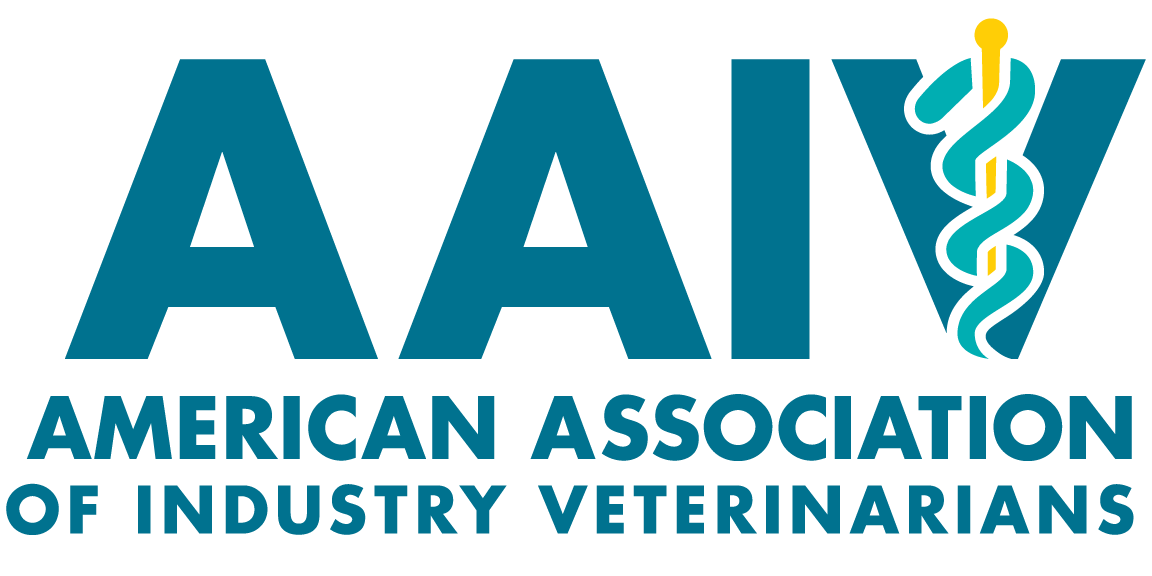Soft Skills for Industry
By Debra Nickelson, D.V.M.
When you study industry job descriptions, what comes to mind? Do you think, “Sure, I have the skills and experience for this job – I could really make significant contributions.” Or do you think, “I have never worked with an animal health company. I don’t even know what these terms mean, and I certainly can’t even think of applying.”
Please believe that your veterinary degree, your continuing education, your clinical experience, your problem-solving ability and your communications skills DO translate to jobs in non-clinical practice. Let’s start with a list of soft skills that are found on many job descriptions with this table of examples.
| Job Requirement | What that Means | Clinical Examples |
| Oral and written communication | Clear and convincing presentations, effective listening, clear, organized and convincing writing | Client interactions, employee training, medical records, newsletters, community education |
| Interpersonal skills | Emotional intelligence, courtesy, tact, respect, appropriate responses | Client interactions, employee management, sales rep meetings |
| Conflict management | Encourage constructive differences of opinion, constructively manage and resolve conflicts | Client interactions and complaints, employee and associate management |
| Team Building | Inspire and encourage team commitment and trust, facilitate cooperation, motivate team members to accomplish group goals | Client interactions, practice management, employee and associate management |
| Influencing and negotiating | Persuade others, build consensus, gain cooperation to accomplish goals | Client interactions, employee and associate management, salary negotiations, sales rep discussions |
| Developing others | Coach others to perform and contribute by providing ongoing feedback and opportunities to expand skills | Client interactions and training, employee training, evaluating employees, continuing education, mentoring |
| Decisiveness | Make effective and timely decisions with limited data and possible unpleasant solutions | Client interactions, diagnosis, treatment plan, prognosis, triage, employee and associate management |
Do you see a pattern? All these soft skills involve effective communication and you do that every day, with all sorts of clients. And you work with your team every day, when they are in all sorts of moods and abilities. So when you are asked in an interview, “Tell me how you would manage a conflict situation,” you can give an example of when a client was very unhappy because of something, how you responded and then what happened. That is called behavioral interviewing.
- What happened
- What you did
- What were the results
See, you can do this!

